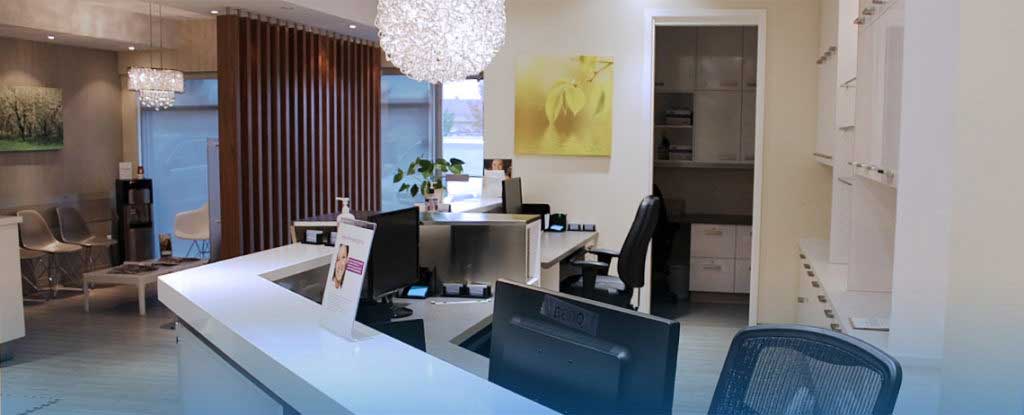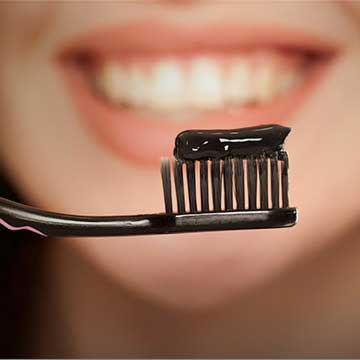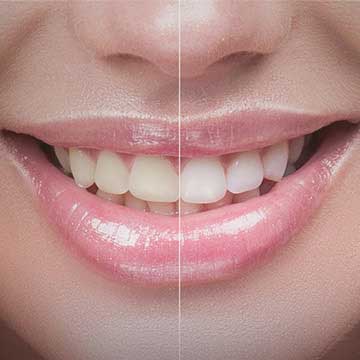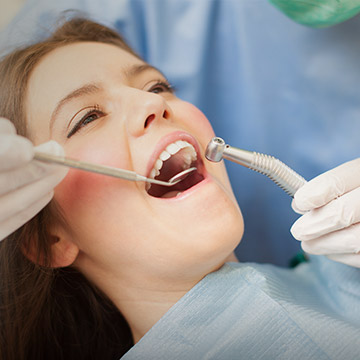Living with TMJ disorder can be incredibly frustrating. The persistent jaw pain, headaches, and difficulty chewing can turn even the simplest daily tasks into daunting challenges. This condition can impact your quality of life, making it hard to enjoy meals or even have a conversation without discomfort.
On the other hand, braces have long been used to correct a bad bite. Braces can help TMJ disorders, but only if the cause of your TMJ disorder is a bite misalignment that braces can address. In most cases, we wouldn’t recommend braces solely to help TMJ, but we do have effective treatments so you can get beyond the pain and back to your day!
What is TMJ?
A TMJ disorder, or TMD, affects the temporomandibular joint, which connects your jawbone to your skull. This joint plays a crucial role in everyday activities like chewing, speaking, and even yawning. When this joint malfunctions, it can lead to significant discomfort and disrupt your daily life.
The causes of TMJ disorder are varied and can be unclear. From what we know, common causes of TMJ include:
- Misaligned teeth
- Jaw injuries
- Arthritis
- Worn, loose, or missing teeth
- Bad bite
- Stress and teeth grinding (bruxism)
Living with TMJ disorder can be challenging. The constant pain can make it difficult to focus on work, play, or simply trying to relax. Around 25–30% of people experience this and many find that their quality of life diminishes significantly when symptoms are at their worst.
TMD Symptoms
TMJ disorder manifests in various ways, making it difficult to pinpoint without a professional diagnosis. Common symptoms include:
- Jaw pain and tenderness
- Difficulty chewing
- Painful clicking or popping sounds when opening or closing the mouth
- Difficulty opening the mouth
- Frequent headaches
- Earaches and ringing in the ears (tinnitus)
Beyond the more recognizable symptoms, TMJ disorder can also lead to less obvious issues, such as:
- Shoulder and neck pain
- Dizziness
- Toothaches
Because these symptoms can mimic other conditions, they often go misdiagnosed, prolonging the discomfort.
How Can Braces Help TMJ?
Braces are orthodontic devices used to straighten and align teeth. They consist of several components, including brackets, wires, and bands, working together to apply gentle pressure on the teeth over time. By exerting continuous pressure, braces gradually shift teeth into their proper positions, improving both the function and appearance of your bite. Besides addressing cosmetic concerns, braces can also correct various dental issues such as overbites, underbites, and crossbites.
You can probably see the connection. Braces can fix a bad bite, and a bad bite can cause TMJ. That means straightening your teeth with braces could help with TMJ symptoms.
However, if your TMJ is caused by something like teeth grinding or arthritis, then braces likely won’t offer any relief. They’re also irreversible and can be a large time commitment, so they should never be the first choice to fix TMJ disorder. Fortunately, we have plenty of other ways to treat TMJ!
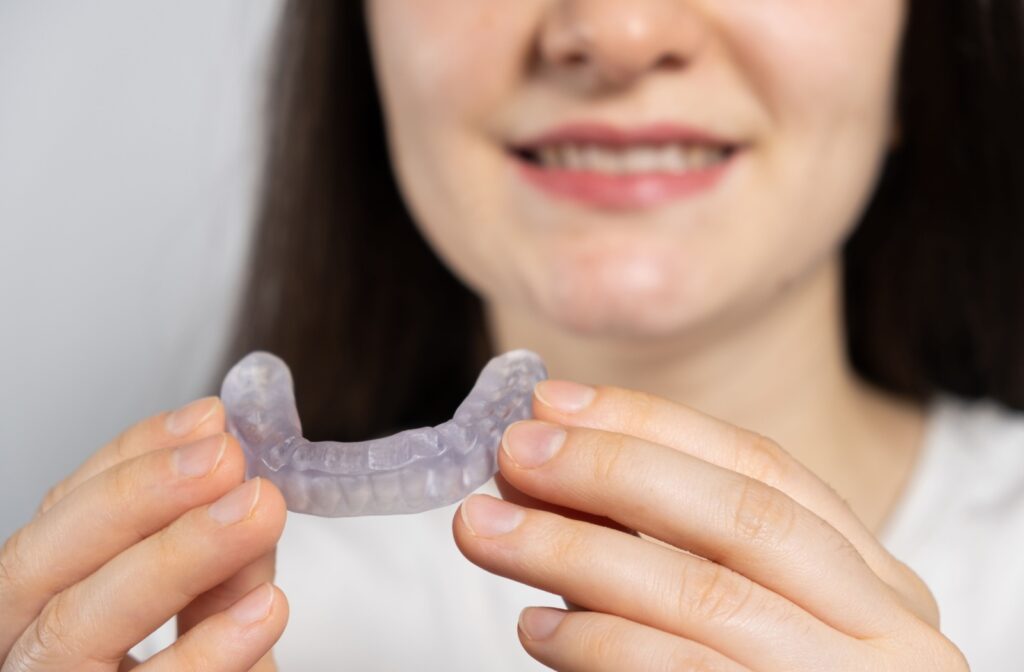
TMJ Treatments
The good news is that sometimes TMJ goes away on its own. A particularly rough week could leave you stressed and clenching your jaw, but it may fade. If it keeps coming back, that’s where we can step in.
There are several straightforward treatments available for TMJ disorder, including:
- Physiotherapy and massage
- Eating a soft diet
- Using heat pads
- Oral splints or mouthguard
- Medications such as anti-inflammatories and muscle relaxants
These treatments can provide significant relief and are often recommended as the first line of defence. If they don’t work, some people have found neuromodulators can help reduce symptoms.
Botox is increasingly being used to treat TMJ disorder. Botulinum toxin, commonly known as Botox, is a neurotoxin that temporarily paralyzes muscles. When injected into the jaw muscles, it can reduce muscle tension and alleviate pain.
Botox works by blocking nerve signals to the muscles, preventing them from contracting. This relaxation of the muscles can reduce clenching and grinding, two common contributors to TMJ disorder. However, Botox is not a permanent solution and requires repeated treatments to maintain its effectiveness.
It’s essential to consult with a qualified healthcare provider to determine if Botox is right for you.
Find Relief from TMJ Disorders with Otara Dental
TMJ disorder is a complex condition that can feel insurmountable at times. While braces offer some unique assistance, they’re only useful if your TMJ pain is caused by a bad bite. They’re not designed specifically with TMJ in mind. Besides, you don’t have to go all the way to orthodontics to find relief!
Otara Dental can examine your symptoms and provide treatment options personalized to your situation. We offer mouthguards to help you stop clenching—even while you’re asleep! And if your TMJ is particularly resilient, we have Botox injections to relieve TMJ pain.
Don’t suffer in silence—book a consultation today and take the first step toward a pain-free life!



